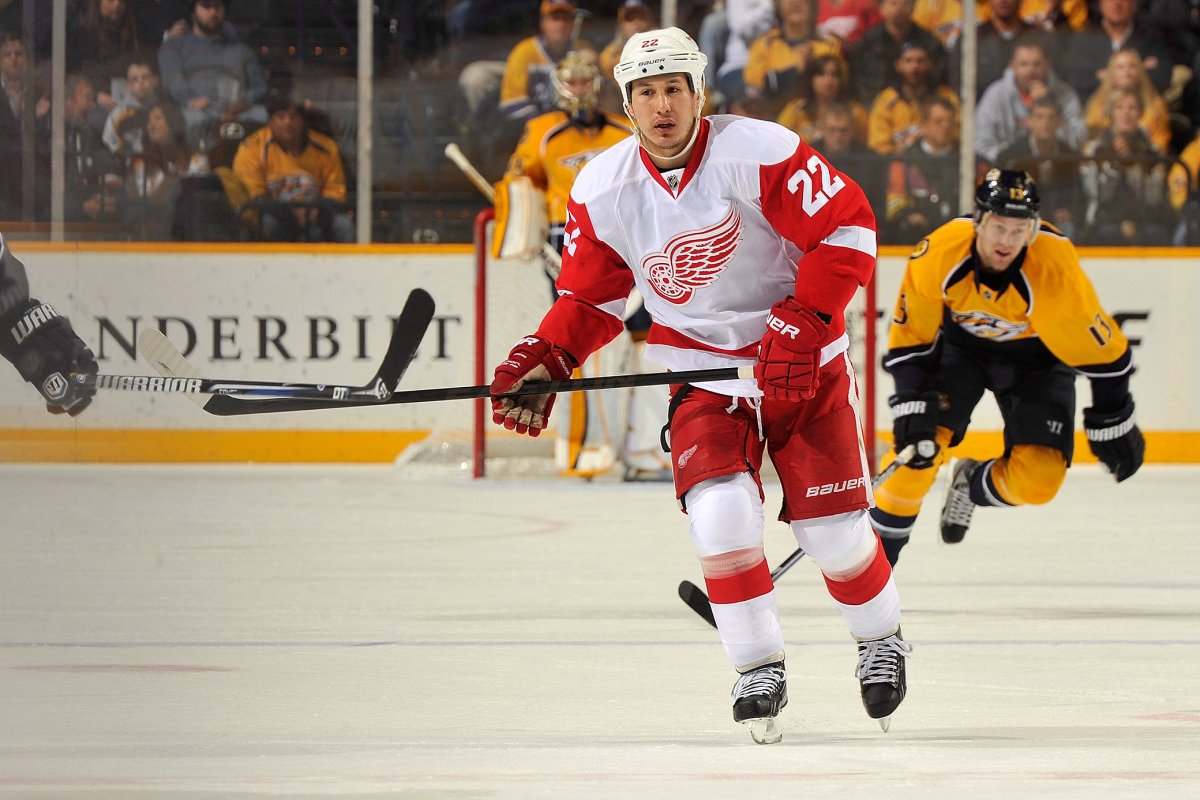An NHL pioneer says he’s retiring the hopes of working to bring to light a problem plaguing remote First Nations.

Jordin Tootoo has seen the suicide epidemic in remote Indigenous communities firsthand.
In August 2002, Tootoo was about to begin his final season as a Brandon Wheat King after being drafted by the Nashville Predators when his older brother Terence died by suicide at the age of 22.
That’s one of the reasons why, 16 years later, Tootoo is stepping away from professional hockey to try and provide a solution to the crisis.
“This is an epidemic that we need to put a standstill to. The process is going to take time,” Tootoo said on the CJOB Sports Show Friday night.
“For me to give back and to reach out to a lot of people who are struggling, I’ve been there. I’ve been on the dark side, but there’s always light at the end of the tunnel. In order for life to change, you have to be willing to accept hard times and keep moving forward.”
Tootoo’s journey to become the first Inuk NHLer was a very unlikely one. Born in Churchill, Manitoba, in 1983, he spent his formative years in Rankin Inlet, Nunavut — a place he makes sure to get back to as often as he can.
“For a lot of these kids, in order to succeed in life when you grow up in an isolated community, sometimes you have to leave home knowing that home is always going to be home,” Tootoo explained. “It’s okay to leave to pursue your goals and your dreams. That’s part of the sacrifice.”
After playing AAA bantam in Alberta, he began his Wheat Kings career in 1999, and in 220 regular season games in Brandon, Tootoo tallied 93 goals, 116 assists and a whopping 874 penalty minutes.
“This is where my hockey career really took off,” Tootoo said. “Having the opportunity to be guided as a young hockey player by Kelly McCrimmon and the whole Wheat Kings organization, I have a lot of great memories.”
Tootoo chose Brandon as the location to announce his retirement from the NHL after 13 seasons, 161 points and 1,010 penalty minutes.
He hasn’t played a game since the 2017 playoffs with Chicago, but he felt now was the time to make it official.
“I’m at peace with myself. As a kid, I never envisioned my career being this long. I didn’t envision myself being a role model for the Indigenous communities,” Tootoo said.
“My goal was to do whatever it took to make it to the NHL. Being the first Inuk to put on a National Hockey League jersey was a huge honour. Every time I get back to the Keystone Centre and smell the cow poop when you walk into the arena, it brings back a lot of great memories. It’s just come full circle.”
Tootoo’s journey to get to where he is today has been filled with obstacles. Alcoholism was an issue in his family, and it stayed with him into his time in the NHL until he voluntarily entered the league’s substance abuse program in 2010.
He now has two daughters, and considers being a strong model for them among his top priorities.
“I’ve been sober for almost eight years,” Tootoo said. “It’s about changing the cycle for my family. That’s how it starts, and it’s just one step at a time. It takes time, things don’t happen overnight. It’s a hard process, but that’s part of life.”
Tootoo established the Team Tootoo Foundation during his career to help raise awareness for suicide prevention. He spends time in many remote communities, holding hockey camps and trying to change the culture.
“It’s part of Canada that a lot of people struggle with mental health and addiction, suicide, these issues are a national epidemic. I feel that, at this point in my life, it’s my calling to give back to a lot of these remote communities.”








Comments